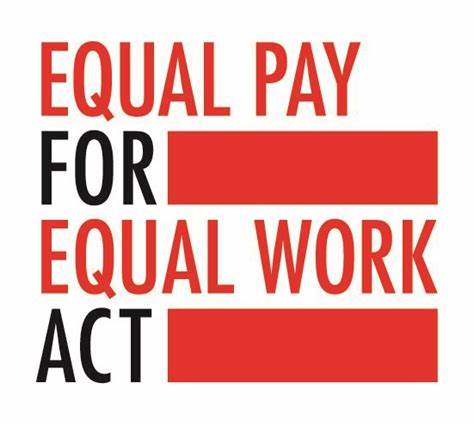Companies in California must comply with both the Equal Pay Act as well as a new Pay Transparency Law that went into effect January 1, 2023
Equal Pay Act
All companies must strive to pay their employees fair and equal wages. All companies must fully comply with the Equal Pay Act, which prohibits an employer from paying any of their employees wage rates that are less than what it pays employees of the opposite sex, of another race, or of another ethnicity for substantially similar work, when viewed as a composite of skill, effort, and responsibility, and performed under similar working conditions. Pay differential may be based on seniority, merit, productivity, or a bona fide factor other than sex, race, or ethnicity. Your company will not pay wages to any employee at a rate less than the employees who are of the opposite sex, are of a different race, or ethnicity, for work that is substantially equivalent, other than for the reasons set above or for any other legally compliant reason. If you have an employee who believes that they are not receiving equal pay in accordance with this policy, there is a good possibility that the employee contact the EEOC. Employees who inquire or complain about equal pay will not be retaliated against in any way by the company.
Pay Transparency Law – SB 1162
Beginning January 1, 2023, the Pay Transparency Law (SB1162) requires employers with 15 or more employees to disclose pay scales for a position in any job posting, announcement, publication, or otherwise made known for an available job. Employers are required to maintain records of job titles and wage rate history for each employee for the duration of employment plus three (3) years. This new law also sets new pay data reporting requirements based on protected characteristics, changes the date for submitting pay data reports and establishes significant penalties for non-compliance


Recent Comments